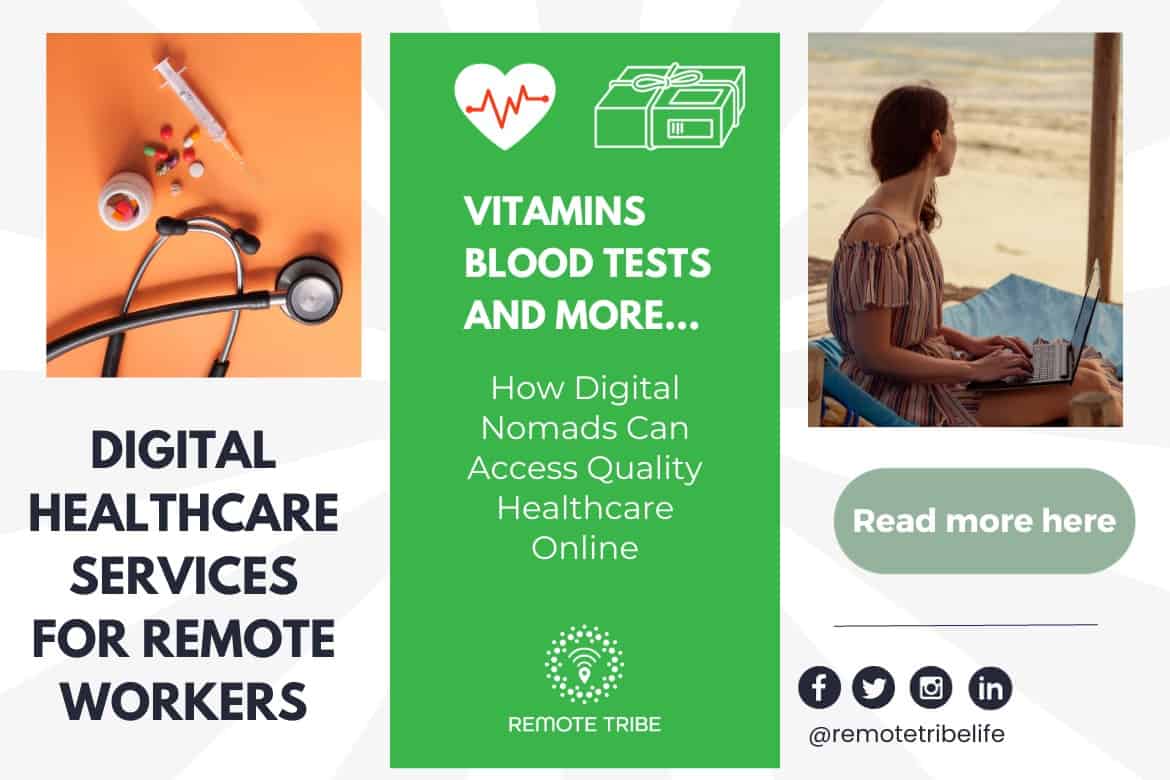The Rise of Subscription-Based Health Care and Its Effect On Individual Treatment
As health care advances, the subscription-based model is obtaining traction, assuring to transform client treatment by using predictability and access. The possibility for these designs to improve health care distribution elevates pushing inquiries regarding their lasting sustainability and inclusivity. Are these subscription solutions the future of health care, or do they risk leaving vulnerable populations behind?
Comprehending Membership Medical Care Designs
Understanding the principle of registration medical care designs involves taking a look at a transformative technique to clinical solutions that stresses affordability and availability. These versions, often described as direct medical care (DPC) or concierge medication, have arised as innovative alternatives to typical fee-for-service health care systems. Registration medical care allows patients to pay a set monthly or annual charge for a specified set of medical solutions, which may include endless office visits, regular examinations, and standard lab examinations, without the need for standard insurance coverage billing.
The framework of membership health care versions is made to improve person care by getting rid of third-party payers and intricate invoicing codes, therefore decreasing management worries. Doctor can focus much more on person care, cultivating more powerful patient-provider relationships. This version likewise promotes preventative treatment by encouraging regular check outs, as the financial obstacle of per-visit costs is removed.
The membership version frequently equips healthcare providers to manage smaller individual panels, permitting more tailored care. It lines up financial incentives with person wellness results, as companies are motivated to maintain person satisfaction and health. Generally, comprehending subscription medical care designs requires identifying their prospective to reshape just how care is supplied and accessed.
Benefits for Companies and patients

For suppliers, subscription-based versions supply the possibility to grow patient-provider partnerships. With a constant earnings stream, medical care specialists can commit even more time to each patient, causing an extra thorough and individualized treatment experience. This design also minimizes dependence above person quantities, reducing burnout and improving job complete satisfaction. The focus on preventive treatment within membership plans can lead to far better individual results and reduced lasting health care costs. By concentrating on continuous treatment, suppliers can deal with issues prior to they escalate, inevitably benefiting the medical care system in its entirety by lowering the problem on emergency and severe care services.
Concerns and difficulties
While subscription-based medical care models existing countless benefits, they also include a collection of challenges and issues that should be dealt with. First, ease of access continues to be a significant problem, as these designs frequently target individuals who can manage regular monthly fees, potentially omitting low-income populaces. This increases moral concerns about equitable accessibility to health care services. Furthermore, the different nature of membership strategies can result in complication amongst people regarding coverage specifics, possibly causing unmet expectations or insufficient care.
Financial sustainability of subscription-based models is one more worry. Companies must stabilize the fixed earnings from memberships with the variable expenses of health care solutions, which may change because of unanticipated medical needs. This can create stress to limit solutions or boost costs, possibly impacting client complete satisfaction and care top quality.
In addition, regulatory oversight of subscription-based health care designs is still advancing. Addressing these challenges is important for the effective and equitable application of subscription-based healthcare.
Effect On Patient-Doctor Relationships
One significant effect of subscription-based health care models on patient-doctor relationships is the potential for improved continuity and individualized treatment. By adopting a membership model, medical professionals can handle a smaller sized person panel, permitting even more devoted time with each individual. This boosted availability cultivates a much deeper understanding of an individual's case history, lifestyle, and choices, enabling more tailored treatment plans and treatments.

However, it is crucial to recognize that while subscription-based designs may benefit those that can manage them, they might accidentally broaden health care differences. Individuals that are incapable to participate in these versions could experience decreased access to personalized treatment, potentially influencing their partnerships with healthcare providers. Therefore, while the subscription version provides encouraging advantages for patient-doctor partnerships, it likewise postures difficulties that need to click resources be addressed to make certain fair health care accessibility.
Future of Healthcare Gain Access To

The role of modern technology can not be overlooked in this improvement. Telemedicine systems and electronic wellness records assist in smooth interaction between people and medical care providers, damaging down logistical and geographical barriers. In addition, advancements in fabricated knowledge and information analytics can better individualize treatment by anticipating client demands and maximizing treatment strategies.
However, the future of health care access additionally offers difficulties, such as making certain equity throughout different socio-economic teams. Policymakers and doctor must work together to bridge the electronic divide, guaranteeing that subscription-based models continue to be try this inexpensive and comprehensive. As these systems develop, they hold the promise of making medical care much more obtainable, efficient, and patient-centric.
Conclusion
Subscription-based health care designs are reshaping client care by offering a secure cost structure and improving accessibility. The rise of subscription-based medical care encourages proactive individual involvement, which has the possible to improve person end results and fulfillment, signifying YOURURL.com a transformative shift in medical care delivery.
As health care evolves, the subscription-based version is gaining traction, assuring to reinvent individual treatment by supplying predictability and accessibility.Subscription-based healthcare versions provide distinct benefits for both service providers and individuals, boosting the overall health care experience.As healthcare systems develop, the future of healthcare gain access to often pivots on the assimilation of ingenious versions and innovations.Subscription-based healthcare designs are reshaping person care by giving a secure expense structure and boosting access. The rise of subscription-based healthcare urges proactive client involvement, which has the potential to enhance individual results and contentment, indicating a transformative change in medical care delivery.